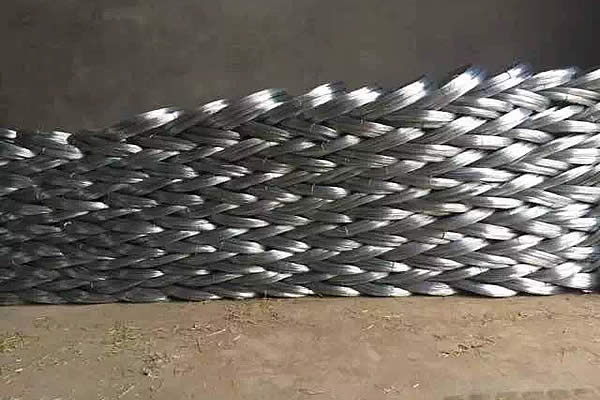 TEL:
+86-13102802206
TEL:
+86-13102802206
 Email:
fencenetting@china.com
Email:
fencenetting@china.com
 Language
Language
 TEL:
+86-13102802206
TEL:
+86-13102802206
 Email:
fencenetting@china.com
Email:
fencenetting@china.com
 Language
Language


The Beauty and Challenge of Mesh Rock Walls
In recent years, the use of mesh rock walls has gained traction in the fields of landscaping, erosion control, and architectural design. These structures, characterized by their unique combination of natural stone and protective mesh, are not only functional but also provide aesthetic appeal to various outdoor environments.
A mesh rock wall typically consists of a robust framework made of metallic mesh that is filled with stones, creating a stable structure capable of withstanding the forces of nature. This design not only enhances durability but also allows for flexibility in construction. Unlike traditional concrete walls, mesh rock walls can contour to the land, making them an ideal choice for sloped terrains and areas prone to erosion. Additionally, their permeable nature permits water drainage, thereby reducing the risk of hydrostatic pressure that can lead to structural failure.
One of the most significant advantages of mesh rock walls is their environmental friendliness. By utilizing natural stones, these walls blend seamlessly into the landscape, promoting a sense of harmony with nature. Furthermore, they provide a habitat for wildlife, as the gaps in the mesh can be used by various small animals and plants. This aspect of mesh rock walls makes them particularly appealing to environmentally conscious homeowners and developers seeking to create sustainable landscapes.

In terms of aesthetics, mesh rock walls are versatile and can be customized to fit various design styles. Whether incorporated into a modern garden or a rustic landscape, these walls can enhance the visual appeal of any outdoor setting. The natural variations in stone colors and textures contribute to their attractiveness and can be tailored to complement existing structures and vegetation.
However, constructing a mesh rock wall is not without its challenges. It requires careful planning, knowledge of local geology, and skills in stone masonry. Proper installation is crucial to ensure the wall's stability and longevity. If not executed correctly, the wall may suffer from issues such as collapsing or excessive settling, which can negate the benefits of its design. Therefore, it is often advisable to consult with professionals who specialize in this type of construction.
In conclusion, mesh rock walls offer a blend of functionality, environmental sustainability, and aesthetic beauty. They stand as a testament to the fusion of modern engineering and natural materials, presenting unique opportunities for landscaping and erosion control. As awareness of sustainable practices grows, it is likely that the popularity of mesh rock walls will continue to rise, making them a favored choice for both residential and commercial projects. Embracing this combination of natural elements and ingenuity can transform landscapes into captivating and eco-friendly spaces.